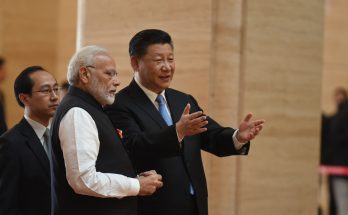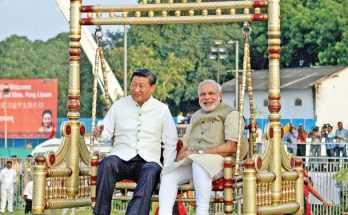President Xi’s report pointed out the right direction for developing China-India economic and trade relationship. In the future, following the principles of the 19th National Congress of the Communist Party of China, we will use three “keys” to unlock the potential of balanced and mutually beneficial China- India economic and trade cooperation in the “new era”.
With the guidance of our leaders and the guiding principles of the 19th National Congress of the Communist Party of China, India-China economic and trade cooperation will bring real benefits to our governments, business communities and ordinary people. It will become the bedrock and anchor of our bilateral relationship. With the development of this relationship, the day when “China and India speak in one voice, and the world listens” will come soon.
Read More









